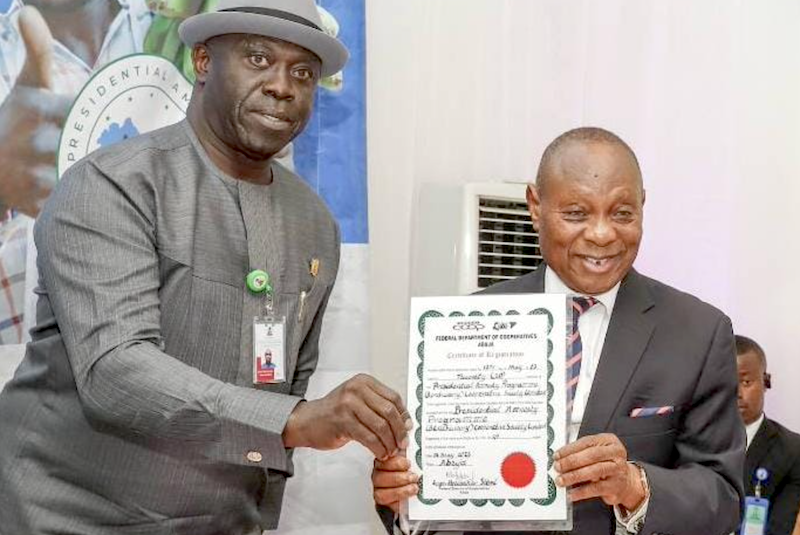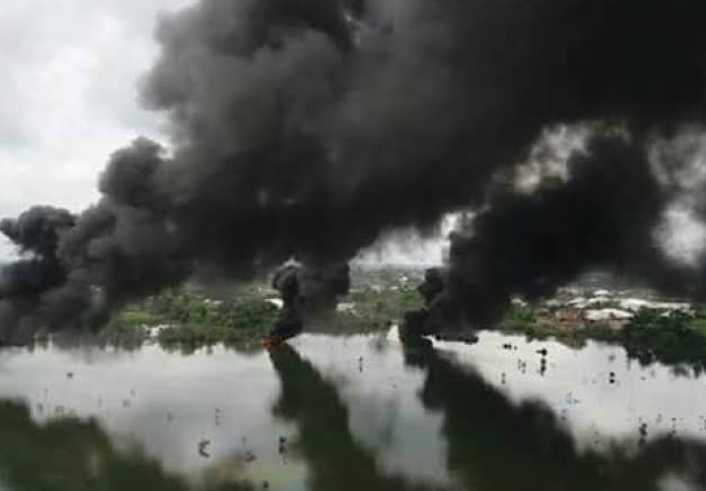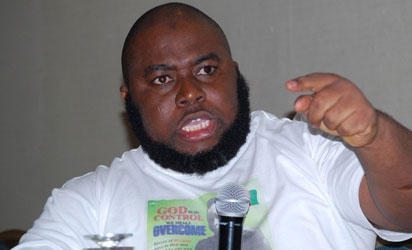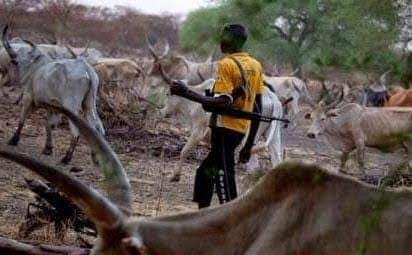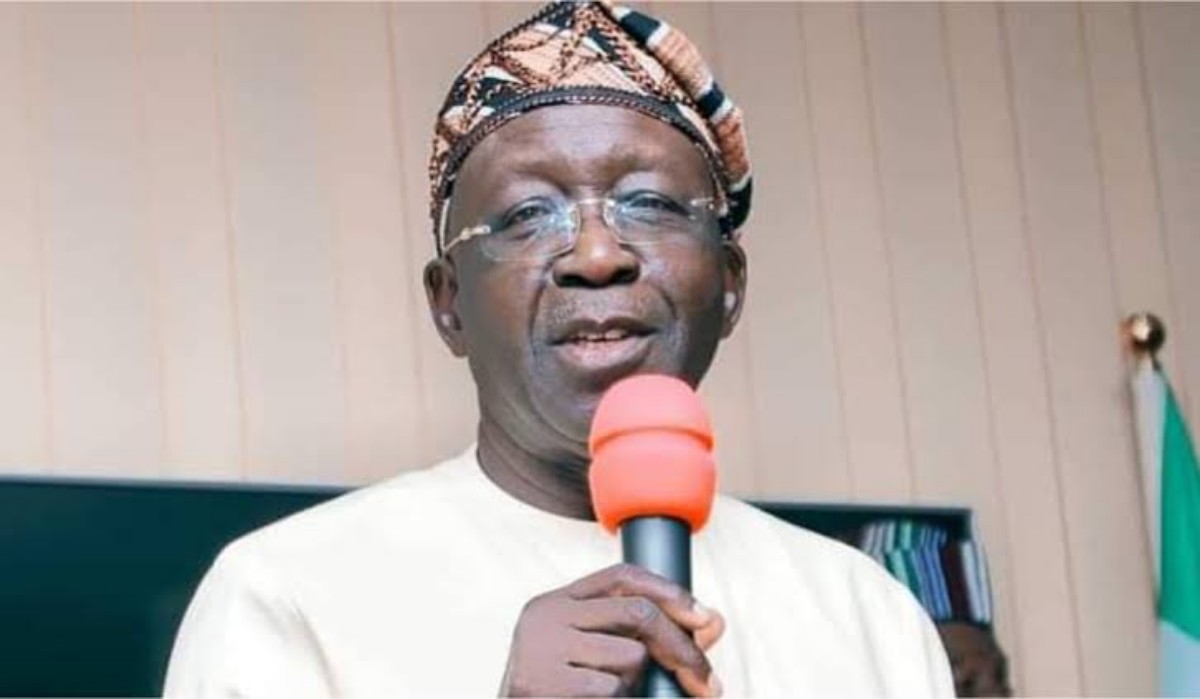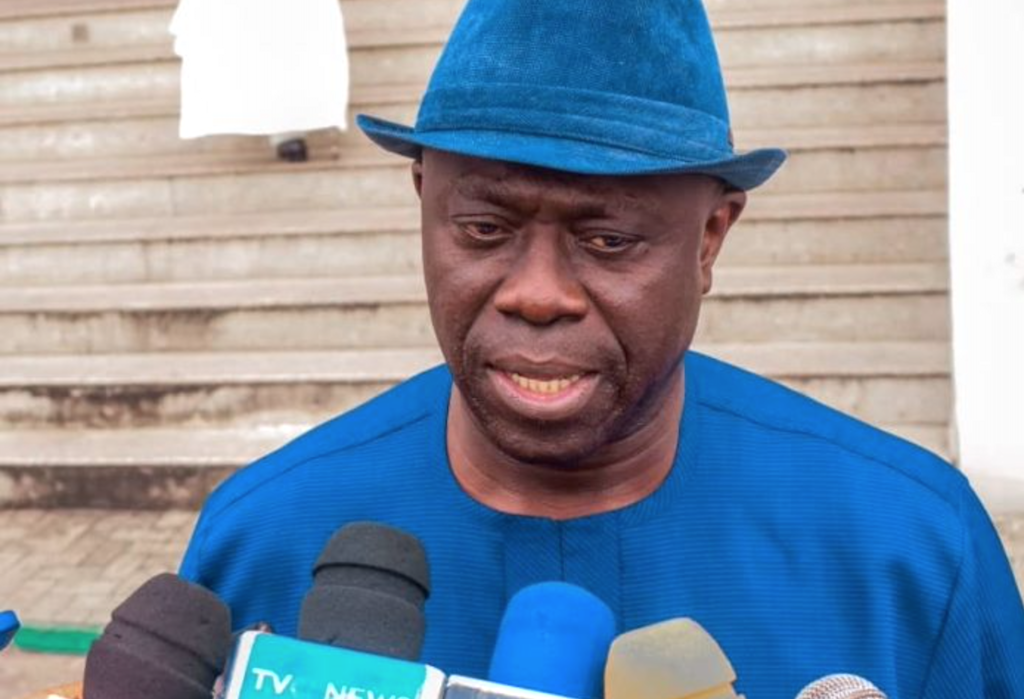The inauguration of the Management Board of the Niger Delta Development Commission (NDDC) last week, the second under President Buhari, was greeted with mixed reactions by the people of the Niger Delta and most Nigerians. The people’s response is rooted in many issues, most of which are connected and straddling. I list them here in no hierarchy of importance: a feeling of relief that finally, the jinx of interim management has broken, a seeming sweetener for politics and the political season we are in, at last hopes of assuaging the reign of mismanagement that has dented the image of the organisation and dashed hopes arising from the inability of translating good intentions to practical results, and the general belief that the intervention agency has turned to the feasting ground of an insensitive elite.
It is relevant on hindsight to understand the wisdom that led to the setting up of the intervention agency and its broad implications for the region and the Nigerian economy, to situate the concern of a broad spectrum of Nigerians. It is common knowledge, that the idea of an interventionist agency for the oil-producing Niger Delta region was premised on three critical pillars: the first is the well-acknowledged challenge of developing the Niger delta, which was adumbrated in the Willinks Commission Report of 1958, predates the country’s independence. The second is the urgent need for environmental justice on account of pervasive damage inflicted on the land, flora and fauna arising from oil production and gas flaring. Third reason was to address the insecurity prevalent in the region, cry of marginalisation and related restlessness of the oil-producing Niger delta which was negatively affecting the country’s revenue.
The introduction of the NDDC bill by the Obasanjo administration and its dramatic passage by a veto of the National Assembly offered some hope that the country was now ready to remove its knee on the neck of the Niger Delta area. From 2000 to 2008, the government appeared prepared to chart a new path of accelerated sustainable development of the region. Without dwelling much on historical details, that ray of hope evaporated with subsequent leadership of the country. Succeeding leaders of the country and many who managed the organisation, saw the NDDC not from the premise of its founding vision but as a pot to service an insatiable elite at the expense of the area’s development. It suffices to mention that lack of accountability, impunity and corruption cases became frequent at the agency, and leadership changes without following the law setting up the agency became, sadly, the norm instead of an exception.
However, the NDDC derailment got egregious and offensive in the past six years leading to a massive outcry and moral panic. The Commission was literally in a coma, yet its resources were vanishing without let up. To respond to the outrage of stakeholders, the Federal Government rightly set up a forensic audit which later turned controversial. Revelations of the forensic audit were both stunning and shocking. Amongst other findings, NDDC got some N6 trillion in its coffers from inception. 13,777 contracts amongst other contracts awarded between 2001 and 2019 valued at over N3.3 trillion Naira, cannot be fully accounted for. A few of the projects are ongoing, and some are abandoned. More serious organisations have taken others over, and many others still need to be made available to be verified. The forensic audit also discovered that so much money ended up in the pockets of the rich and powerful.
Surprisingly nobody has been prosecuted to date for malfeasance revealed by the forensic audit. Umana Umana, the current minister of the Niger delta ministry, recently revealed that contracts worth over N250 billion were awarded during the forensic period without due process. The findings of the forensic auditors are consistent with earlier findings by NEITI, which underscored that the mismanagement of resources and corruption in the Commission was alarming and embarrassing.
Related to the gross mismanagement of NDDC and resources accruing to the Commission is the bazaar that the Amnesty program, also designed for the Niger Delta, has come to represent. It leaves those interested in the Niger Delta with the impression that either a section of region’s elite is not serious about the area’s development or that Nigeria always foists the worst to lead the agencies to prove that the people are incapable of driving the growth of the region. No one can tell the truth with certainty.
Some stakeholders believe that the Federal Government is complicit in the disaster that NDDC turned out to be. From funding deficit, undue interference, and weak oversight to the appointment of incompetent and visionless leadership. It conveys the impression that it is set up deliberately to fail. The reality also came to light that NDDC became a contract awarding entity controlled by the great and powerful in Abuja.
Similarly, some of the region’s elite, who have been directly involved cannot extricate themselves from the looting of resources meant for its development. These individuals from the region have been enmeshed in contract scandals of bourgeoning dimension, thus losing the moral right to hold those in charge at NDDC to account.
Indeed, at a time, the deluge of malfeasance has led to calls for the scrapping of NDDC. This has far-reaching socio-political and economic implications, which, when examined extensively, will have little benefit. The challenge has nothing to do with the beneficiaries of the intervention, the people of the Niger delta or the justification for this special intervention but rather the current structure, processes, administration, and quality of leadership of the agency.
In a general sense, underdeveloped societies are often societies where there is poor leadership and where poor management of public resources is prevalent. Niger Delta communities have become prime examples of the “Resource Curse” phenomenon where abundant natural resources often translate to negative net development, especially when we add environmental degradation to the equation. The accruals to NDDC have not maximally benefitted the region’s people. The NDDC has been unable to impact in any structural manner or reverse the appalling human capital development trajectory of the region despite the enormous resources it has commanded in the past 22 years. The serial lack of visionary and accountable leadership in the Commission has left the region in ruins and fractured the people’s dream.
Therefore, the burden of history has shifted to the new NDDC Board and Executive management. The only option open to the new leaders of NDDC is to break away from that inglorious cycle and restore hope by deliberate positive and inspiring leadership actions that translate good intentions to development results. It is a no-brainer that we expect a lot from the new NDDC regime. It can never be business as usual, and any attempt to continue in the ways of past administrations will attract unwavering condemnation, if not reprisals, from Niger Deltans. And there is justification for this.
If anything undermines the relative peace in the Niger Delta region presently, especially given the global energy crises orchestrated by the Russian/Ukraine war, the international community will not look at Nigeria favourably.
The new board came at a time hope was badly needed in the region. They have two options: join in the conspiracy of those raping the area or stand on the side of history as the harbingers of hope. The new NDDC team must seize the moment and put their names on gold. This will only happen through positive transformational leadership that is action-oriented, and that will stay focused on the original mandate and vision of the Commission.
I am aware that the forensic audit report recommended far-reaching restructuring and reorganisation in the NDDC, and any attempt to delve deeply into them will go beyond the purview of this piece. However, I will recommend that quickly after taking office, they should do the following:
First, the new team’s immediate mandate is to ensure no restiveness in the region. When the Niger Delta coughs, cold catches the international oil market. Such instability in these very fluid economic realities post covid 19, Russian/ NATO grandstanding, and global economic and political tensions will not be a welcome development. Global energy security is paramount presently.
The next most important challenge to my mind is to study and restudy the comprehensive Niger Delta development master plan which was funded by the Commission. This will enable the new team to identify cross-cutting areas of priority.
The third is housekeeping. That is to do things differently from the immediate opprobrious past of the Commission and chart a part for visible and tangible development impact in the region to erase the impression that the people of the area are incapable of driving development. This will demand a complete overhaul of the NDDC structures and processes to make them fit for purpose. The management should adopt a strategy that will make NDDC lean, flexible, dynamic, and able to adapt to the changing external and internal conditionalities shaping our nation whilst still bringing about massive development to the region.
The next overriding demand is to embark on massive re-orientation amongst the youth and elite about a certain sense of entitlement to share the region’s resources at the expense of actual development. This has been the bane of NDDC. And the perception of NDDC as a cash cow must change at all costs.
Finally, the worst tragedy that has happened to the Niger Delta region in the past years is the squandered opportunities to lift the living standard of the people. It is, therefore, a no-brainer that the only motivation for the newly inaugurated NDDC leadership should be to make a tangible difference and leave legacies that would be a reference and not extrinsic self-reward. It is time to improve the life of Niger Deltans through the instrumentality of NDDC. It is time that all Niger Deltans will see positive change in leadership approaches, accountability, and probity in the Commission. Although our NDDC dreams are fractured, they are not broken.
